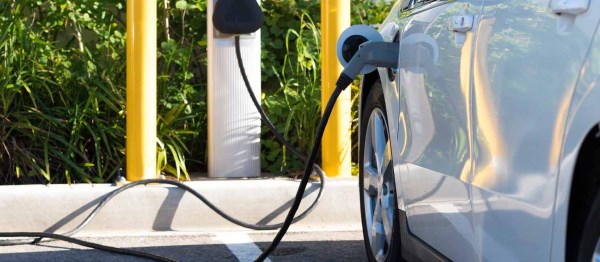Industry Issues

Industry news pulls together some of the most interesting and important stories in the strata industry over the past few months.
Electric Vehicles
The growing demand for electric vehicles (EVs) continues to endure as a pervasive subject for media and governments alike. This past August, EVs represented 4.4 per cent of total new vehicles sold, the highest ever proportion of battery electric vehicle sales recorded for a single month in Australia.
However, while these figures are encouraging, the integration of electric vehicles into Australia’s total vehicle stock presents unique challenges for the strata industry, as we move from a single-digit percentage of total vehicle sales, to the approximately half of vehicle sales projected by 2030.
We know that 20 per cent of new vehicles sold will be residing in strata complexes. As a result, the strata industry is decidedly interested in getting ahead of this surge, and focused on understanding both the complexities of electric vehicles and how they may be integrated into strata complexes in the most effective manner.
SCA has made it a priority to tackle the issues in this space head-on, and is in the process of implementing a landmark Strata Electric Vehicle Infrastructure Taskforce (SEVIT), made up of strata and energy sector representatives.
SCA aims to take advantage of the intersections of knowledge provided by the members of the taskforce, to overcome legislative limitations and oversight, deliver improved outcomes for the end consumer and push the agenda forward on the sustainable development of strata communities.
Like SCA, some jurisdictions across Australia have also taken notice of what to come, and have begun to consider policies that may assist in the facilitation of EVs into strata (and the road user system as a whole).
For example, the NSW Government recently allocated $10 million towards co-funding 125 apartment buildings to make EV charging electrical upgrades, as well as announcing a road user charge of 2.5 cents per km for eligible EVs from 1 July 2027.
The ACT Government has taken a similar approach, committing to the introduction of $2,000 incentives for the installation of EV charging in multi-unit buildings, as a part of their overall ‘Zero Emissions Vehicles’ Strategy.
It’s important to keep in mind that although currently many of the EVs on the market may not be a viable option for the average Australian, we expect this to change dramatically over the coming years. Many overseas car companies like Audi, Volvo, Nissan, and Volkswagen (to name a few) have made strong commitments to electrify their vehicle fleets.
As the market gets more and more competitive, we should see a massive reduction in the cost of EVs, allowing a much large scope of people to enjoy the benefits that EVs have to offer. That’s why it’s critical that the strata industry is on the front foot, appropriately situating the one in five Australians that live in strata for the future ahead.
Insurance
Following the introduction of the Northern Australian Reinsurance Pool earlier this year, strata insurance has remained a topic of emphasis throughout the industry. John Trowbridge’s Steadfast commissioned independent review of the strata insurance market is ongoing.
SCA is maintaining the guidance and support of our expert members to inform the externally conducted review, providing input to the review through our National Insurance Taskforce to ensure that the recommendations are well informed and result in positive changes for the strata industry.
At the same time, and as part of a separate process, the Australian Government is currently undertaking a review into the Quality of Financial Services Advice in Australia, with the goal of ensuring that Australians have access to high-quality, affordable and accessible advice.
SCA has provided an extensive submission to this review as strata insurance is included under general insurance in its terms of reference, and is maintaining a relationship with the leader of the review, Ms Michelle Levy, to ensure that the government has a comprehensive understanding of the strata industry’s insurance practices.
Property Tax
Across the country, we are seeing the impacts that increasing property taxes have caused, slowing investment, increasing rents and creating undue financial stress on everyday Australians that are suffering through a monumental cost-of-living crisis.
REIA has recently released their “Axe the Tax” campaign, in which they support the removal of stamp duties, highlighting that Australians between June 2020 and 2021 paid $58,392,000,000 in property taxes.
SCA supports this message, and has consistently called on the Federal Government to partner with state governments to reduce stamp duties, taxes and levies, either through abolition, capping, reinvestment or outright abolition.
View Comments
(0)